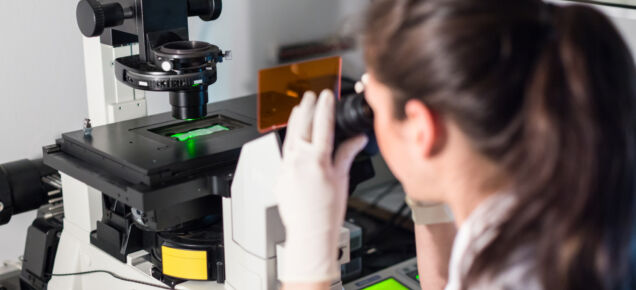Understanding human diseases such as cancer, metabolic disorders, autoimmunity and infectious diseases at the level of cells and their molecules seems more important than ever.
This knowledge enables researchers to develop new drugs, vaccines and other treatment strategies. And ensures that they can thoroughly cover technical principles such as recombinant DNA technology, bioinformatics and cell culture. You will gain practical experience in the laboratory with important techniques such as: immunological tests, biochemical analyzes and genetic screening. You will also become acquainted with the ethical and technical challenges that this type of research faces.





